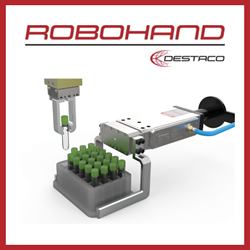The Machines Are Taking Over Space
Faye Flam for Bloomberg View: People concerned about robots taking away jobs might want to consider where it’s already happened. Machines with varying levels of intelligence have quietly taken over the most glamorous, coveted and admirable job in the world -- space exploration.
It’s not that people can’t still be astronauts -- it’s just there aren’t nearly enough jobs for all the people with the desire and ability to do it. And in terms of gathering data, we can’t catch up to the robots, which have in recent years been plunging beneath Jupiter’s thick cloud cover and exploring the exotic moons of Saturn with their methane lakes and roiling ice geysers. At more then 11 billion miles from home, the unmanned space probe Voyager 1 has finally reached the edge of the sun’s “atmosphere” of solar wind particles and sampled true interstellar space.
Perhaps human space flight will start to take a cue from Elon Musk’s roadster now playfully speeding away on an orbit around the sun. In the future, going into space might become less of a solemn duty carried out by a hand-selected few, and more of an adventure, done both for learning and fun. This will take some attitude adjustment, given that the U.S. has been the traditional leader in space exploration, and we are a puritanical people, deeply suspicious of fun. Full Article:
Comments (0)
This post does not have any comments. Be the first to leave a comment below.
Featured Product

